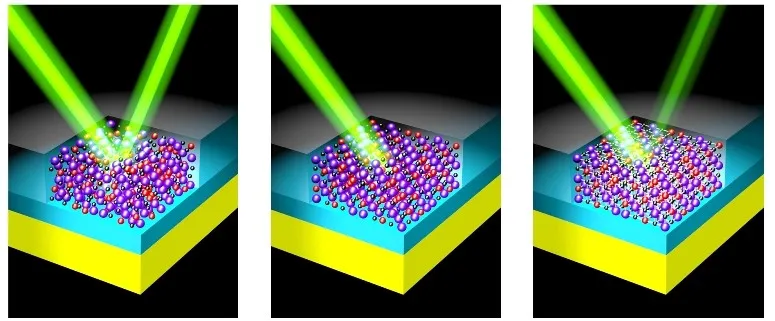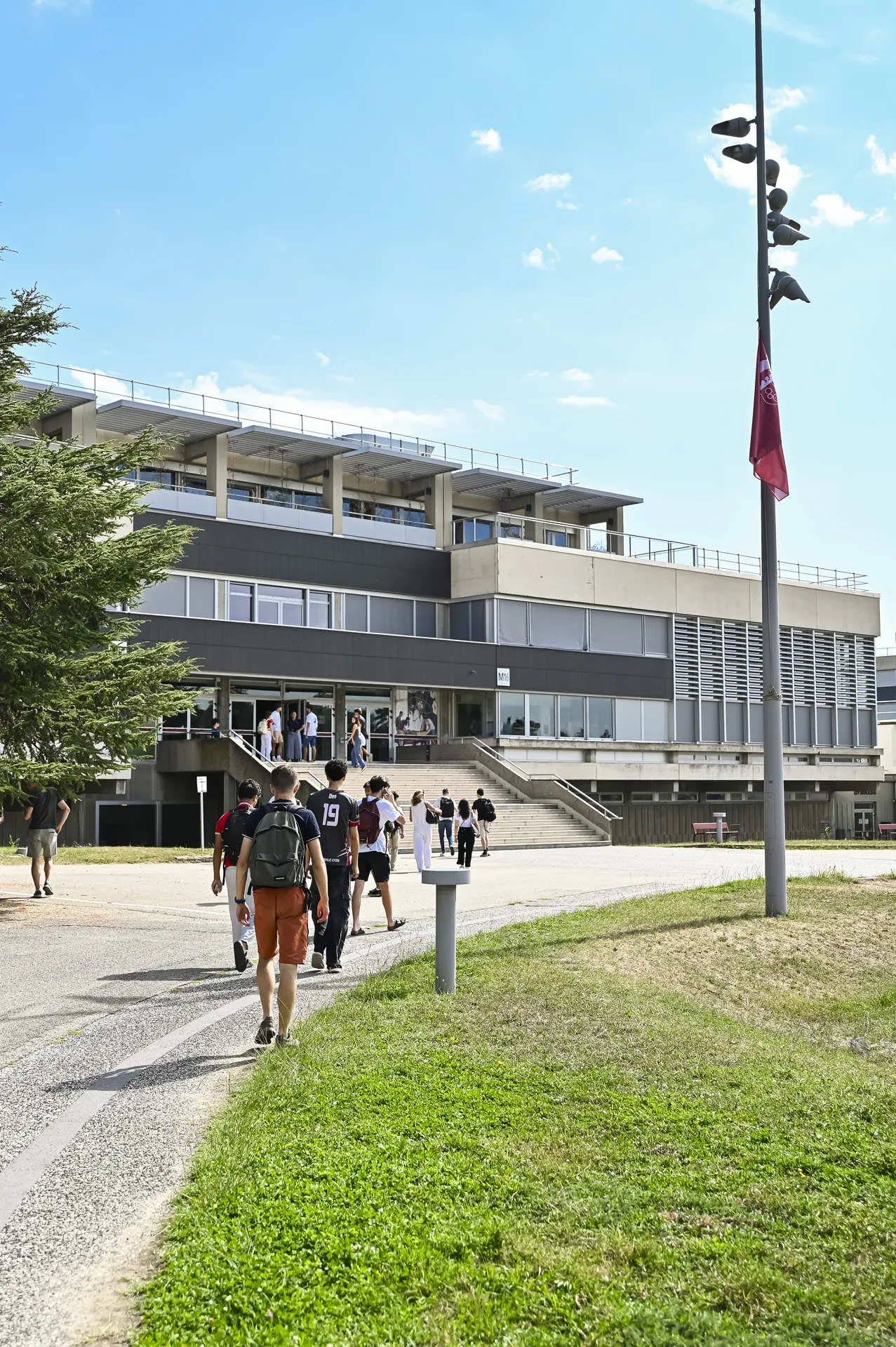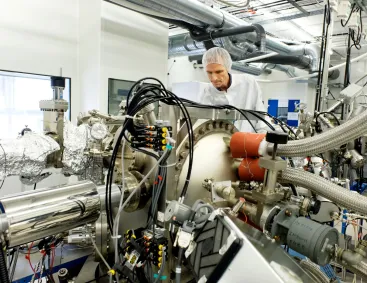Objectives
Nanoscience is the study of matter at the nanoscale, where materials exhibit unique properties such as enhanced surface area and quantum effects. These properties are essential for advanced fields like nanophysics, nanoelectronics, and nanomedicine, offering groundbreaking applications in technology, healthcare, and material science.
The nanoscience and nanotechnology master's program offers the opportunity to explore nanotechnologies in a stimulating scientific and cultural environment. This multidisciplinary and international program is designed for students wishing to pursue an academic or industrial career.
In two years, the curriculum provides a solid theoretical foundation and practical expertise in fabrication, characterization and design of structures and systems at the nanoscale. Graduates are trained to lead innovative projects at the interface of these cutting-edge disciplines.
With a strongly international focus, this master's program welcomes over 70% international students, and courses are taught entirely in English. Numerous international scientists of international renown are also invited to give seminars throughout the year.
The course is supported by Centrale Lyon, INSA Lyon and the Université Claude Bernard Lyon 1.
Program
This Master's program in Nanoscience and Nanotechnology is a two-year (120 ECTS credits) curriculum that offers specialized training in physics, nanomaterials, nanoelectronics, and nanobiotechnology.
Taught in English, the program provides options to tailor the students' specialization.
This master's degree integrates immersion in a high-quality research environment, with practical work and projects conducted in nanotechnology laboratories and companies. Additionally, it addresses ethical issues, the societal impact of nanotechnology and commercial considerations through specialized seminars and courses.
First year
This year is primarily dedicated to common and optional lecture courses. From the outset, students begin a group research project in collaboration with a laboratory associated with the master's program. Practical work and mini-projects facilitate the transition to the second semester, when students complete a internship of at least seven weeks in a research group. Seminars led by experts from academia and industry further enrich the program.
Common scientific core units
- Micro and nanofabrication - part 1
- Characterization tools for nanostructures
- Surface physics
- Research Project 1
Elective core units
- Fundamental bases of science
- Biomolecules, cells and biomimetic systems
- Quantum engineering
Common scientific core units
- Micro and nanofabrication - part 2
- Intercultural studies
- French or English as a foreign language
- Research Project 2
Elective core units
- Nanomechanics
- Introduction to system design
- Drug delivery systems
- Physics of Semiconductors - part 1
Second year
This year focuses on specialization and skill development for students. It also includes the completion of a thesis project lasting 5 to 6 months, which may take place in a research laboratory or a company.
Scientific core units
Students must choose at least three courses from the following selection for their second year:
- Micro, nano-photonics and applications
- Bioengineering
- Surface analysis techniques
- Functional materials
- Emerging technologies for nanoelectronics and information technology
Elective core units
- Nanotechnology for energy and the environment
- Semiconductor Nanostructures
- Computational modeling of nanoscale systems
- Micro- and nanofluidics
Transversal core units
- French or English as a foreign language
- Intellectual Property
The final semester is dedicated to the Master's thesis project, which can be conducted in an academic research laboratory or in an industrial setting. Students have the option of complete their thesis project in France or abroad.

Admission requirements and application
Pre-requisites
- Master 1: Bachelor in Science (preferably in Physics, Chemistry, Electronics, Materials Science, Bioengineering, Mechanical Engineering). English proficiency: B1 level
- Master 2: Completion of Master 1 in a subject related to the Master's topics. Certified B1 level in English (CEFRL)
Application
Applications are considered on the basis of a portfolio.

Tuition fees
Knowing and anticipating your expenses is essential before making a serene commitment to training.


